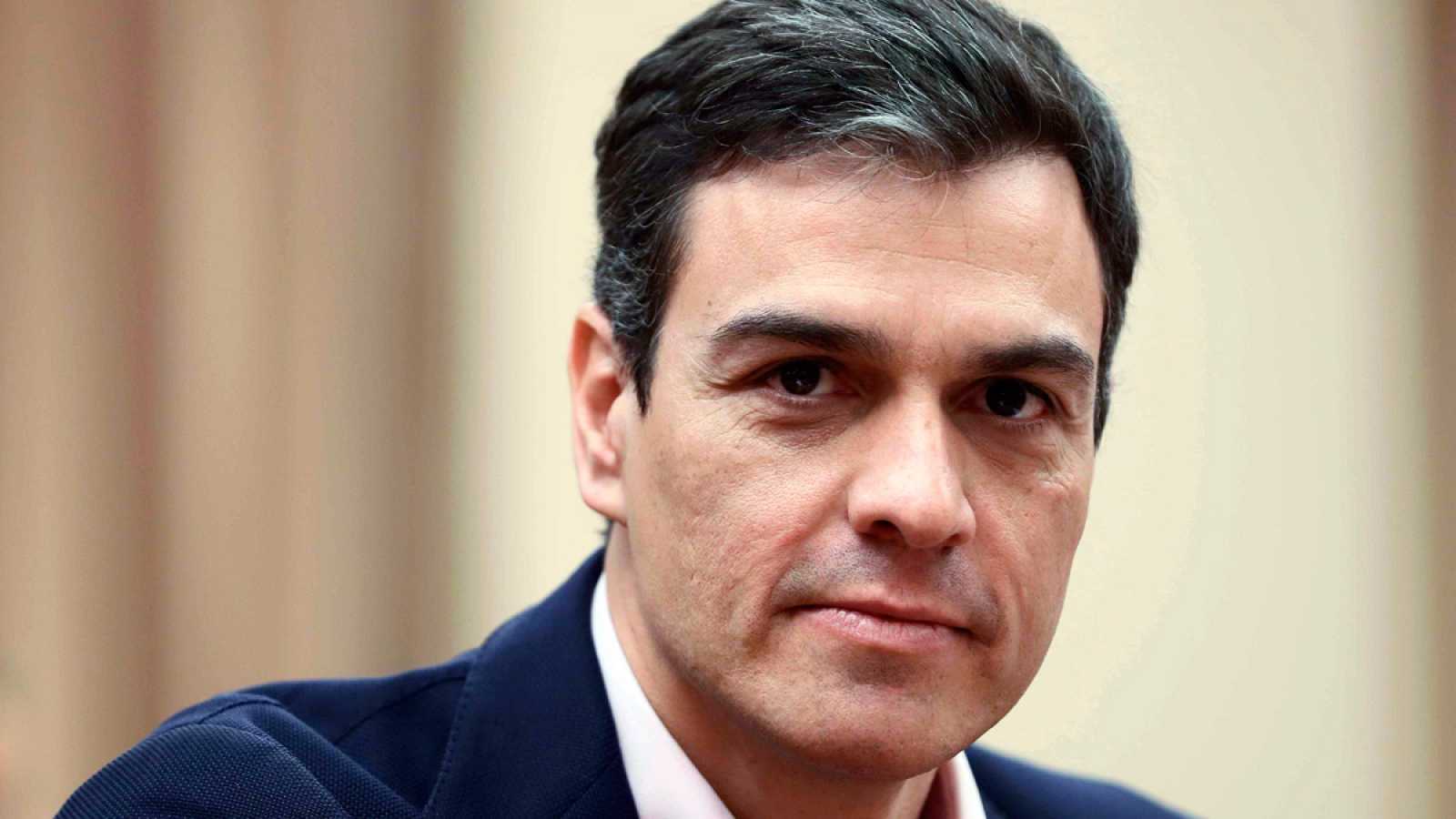MADRID.- The president and Spanish socialist leader Pedro Sanchez won without absolute majority the legislative elections of this Sunday, and the extreme right of Vox soared and is the third force in a Parliament that predicts a persistent political blockade.
With almost 64% of the votes counted, the Spanish Socialist Workers Party (PSOE) of Sanchez is the winner, with 124 seats of the 350 of the lower house, one more than the total harvested in the legislative April 28, when It was also imposed without an absolute majority.
The most spectacular rise was carried out by Vox, which capitalized on the crisis with separatism in Catalonia and added 52 seats, more than double the 24 obtained in April.
The conservative Popular Party (PP) also rose strongly, from 66 to 83, while Ciudadanos, the liberal center-right formation, was pulverized after falling from 57 deputies to only 10.
The radical left of Podemos yielded, remaining in 35 deputies, and its split More Country enters the chamber with 3 deputies.
In any case there is no absolute majority either for the right-wing block (PP, Vox and Citizens) or for the left-wing (PSOE, Podemos and Más País), which globally outperform conservatives.
The panorama threatens to prolong the chronic blockade that has been gripping Spanish policy since 2015, when the emergence of Podemos and Citizens ended the traditional PSOE / PP bipartisanship.
Since then there have been four legislative elections, weak governments and little legislation in the parliament of a country that now faces serious signs of economic slowdown.
This Sunday was a consecutive electoral repetition of the failure of PSOE and Podemos to agree, last summer, a coalition government that would have been the first in these four decades of democracy in Spain.
– Mucha Cataluña –
“I voted to the right, because the most important things are the unity of Spain and (guarantee) pensions,” Rafael García, 84, told the AFP in the Madrid neighborhood of Hortaleza, where many windows were adorned with flags Spanish.
One of the dominant campaign was Catalonia, where the pulse of separatism against the State is still alive.
The temperature skyrocketed with the conviction in October of nine independentist leaders to prison terms of between 9 and 13 years in prison, for their role in the failed 2017 secession attempt.
The sentence gave way to a week of riots in Catalonia, which filled televisions with images of burning barricades and police charges, leaving a balance of some 600 wounded.
“I decided not to vote, again, what a nightmare! But then I would have been upset if he won the right with the extreme right,” said Mari Carmen López, 25, after giving his vote in the Barcelona neighborhood of Sant Andreu to Podemos .
The main beneficiary of the Catalan crisis was Vox, a party that entered Parliament last April and whose leader, Santiago Abascal, advocates “drastic solutions”: suspend Catalan autonomy, outlaw sovereign parties, and arrest the president of the region, Quim Torra.
The separatist parties also came out reinforced, since the three lists that were presented added 24 deputies of 48 at stake, two more than in April.
Sánchez did not stop accusing PP and Citizens of having a speech “colonized” by Vox, thanks to which the regions of Andalusia and Madrid govern, and the mayor of the Spanish capital.
– A slowed economy –
During the campaign, Sanchez fulfilled one of his promises made shortly after coming to power in June 2018: exhume the remains of the dictator Francisco Franco from the mausoleum where he rested since his death in 1975.
Little was said about the economy, despite recent indicators that point to a slowdown in the fourth power of the euro.
For example, the European Commission cut this week four tenths of growth forecasts for 2019 and 2020, to 1.9% and 1.5%.
The growth of Spanish GDP will nonetheless remain above the Eurozone average.
Although the analyst Holger Schmieding, of the German bank Berenberg, warns that this advantage “is on the way to being reduced in the coming quarters, unless a new government finally manages to deactivate the Catalan problem and resume the reforms favorable to growth”, something ” unlikely “for now.




